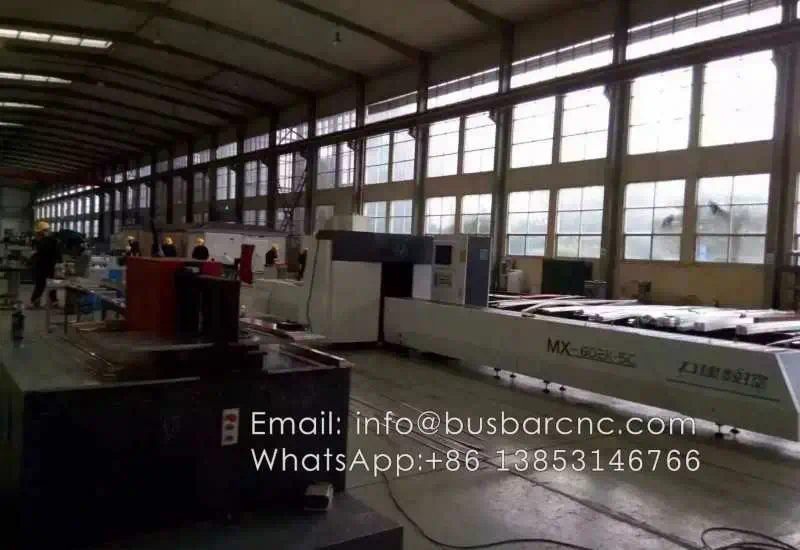In the realm of high-performance CNC machines, thermal management technologies play a crucial role in ensuring optimal operational efficiency and precision. The ability to control and dissipate heat generated during machining processes is essential for maintaining the accuracy, reliability, and longevity of these advanced machines. Various thermal management technologies have been developed to address the unique challenges posed by the high temperatures and thermal fluctuations encountered in CNC machining operations.
Importance of Thermal Management
Effective thermal management is essential for high-performance CNC machines due to the significant heat generation inherent in the machining process. The cutting forces and friction between the cutting tool and workpiece result in elevated temperatures at the cutting interface, which can lead to thermal distortion, tool wear, and reduced machining accuracy. By implementing advanced thermal management technologies, manufacturers can mitigate these issues and enhance the overall performance of their CNC machines.
Coolant Systems

One of the most common thermal management technologies used in CNC machines is coolant systems. Coolant, typically in the form of a liquid or gas, is circulated through the machine’s spindle and cutting tool to dissipate heat generated during machining. Coolant systems help maintain stable temperatures at the cutting interface, reduce friction, and prolong tool life. Additionally, coolant can aid in chip evacuation, improve surface finish, and prevent workpiece deformation due to thermal expansion.
Enhanced Cooling Solutions
To address the growing demand for higher cutting speeds and feed rates in CNC machining, advanced cooling solutions have been developed to provide more efficient heat dissipation. These enhanced cooling technologies utilize techniques such as cryogenic cooling, minimum quantity lubrication (MQL), and high-pressure coolant delivery systems to achieve superior thermal management. Cryogenic cooling, for example, involves the use of liquid nitrogen or carbon dioxide to rapidly cool the cutting zone, resulting in reduced thermal damage and improved machining quality.
Thermal Barrier Coatings
Another innovative approach to thermal management in high-performance CNC machines is the use of thermal barrier coatings (TBCs). TBCs are applied to critical components such as the spindle, tool holders, and machine structure to insulate them from high temperatures and thermal fluctuations. By creating a protective barrier between the hot cutting environment and the machine components, TBCs help minimize thermal stress, prevent heat-induced deformation, and extend the service life of CNC machines. Additionally, TBCs can improve energy efficiency by reducing heat loss and optimizing thermal insulation.
Active Thermal Control Systems
In recent years, advancements in sensor technology and automation have enabled the development of active thermal control systems for CNC machines. These sophisticated systems utilize real-time temperature monitoring and feedback mechanisms to adjust cooling parameters, tool speeds, and feed rates based on the thermal conditions encountered during machining. By dynamically optimizing thermal management strategies, active thermal control systems can enhance machining precision, reduce cycle times, and minimize the risk of thermal damage to machine components.
Integrated Thermal Simulation Software
To facilitate the design and optimization of thermal management strategies for high-performance CNC machines, integrated thermal simulation software has become an invaluable tool for manufacturers and engineers. These software solutions allow users to model the thermal behavior of CNC machines under various operating conditions, predict heat distribution, and simulate the performance of different cooling systems. By leveraging the insights provided by thermal simulation software, manufacturers can fine-tune their thermal management strategies, optimize machine performance, and minimize the impact of thermal effects on machining processes.
In conclusion, thermal management technologies play a critical role in maximizing the performance, efficiency, and reliability of high-performance CNC machines. By implementing advanced cooling solutions, thermal barrier coatings, active thermal control systems, and integrated thermal simulation software, manufacturers can overcome the challenges posed by heat generation in CNC machining operations. With continuous innovation and development in thermal management technologies, the future holds promising opportunities for enhancing the capabilities and productivity of CNC machines in various industries.
https://abcicon.com/
